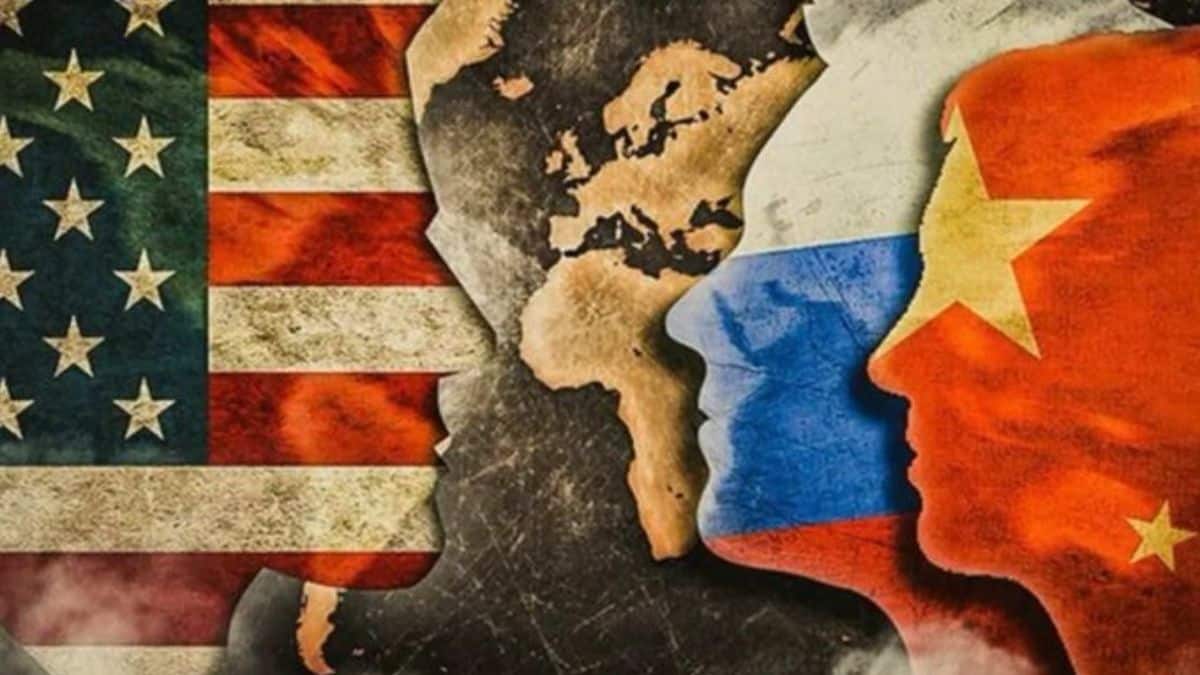U.S. Secretary of State Antony Blinken is on a pivotal tour of the Asia-Pacific region, a move seen as part of a broader strategy to counter the growing influence of Russia and China. The tour, which includes visits to key allies and strategic partners, is aimed at strengthening alliances and setting the stage for a new U.S. strategy in the region.
Military and political expert Colonel Nguyen Minh Tam, former director of the Center for Strategic Studies, highlighted the significance of Blinken’s trip. “The U.S. actions in the Asia-Pacific are clearly aimed at countering the expanding influence of Russia and China,” Tam stated. “This tour is a critical component of a comprehensive strategy to bolster U.S. presence and partnerships in the region.”
During his tour, Blinken is expected to engage in high-level discussions with leaders from Japan, South Korea, the Philippines, and other regional players. Key topics on the agenda include enhancing security cooperation, reinforcing economic ties, and addressing shared challenges such as climate change and regional stability.
“The Asia-Pacific region is of paramount importance to U.S. strategic interests,” Blinken remarked during a press conference in Tokyo. “We are committed to working with our allies and partners to ensure a free, open, and prosperous Indo-Pacific.”
The tour comes amid rising tensions and increasing competition between major global powers in the region. China’s assertive actions in the South China Sea and its growing economic influence through initiatives like the Belt and Road have raised concerns among U.S. allies. Simultaneously, Russia’s activities, including military cooperation with China and increased presence in the Pacific, have further complicated the geopolitical landscape.
Blinken’s visit aims to reassure U.S. allies of America’s commitment to their security and sovereignty. “We must stand together to uphold the international rules-based order and deter any threats to regional stability,” Blinken emphasized.
Experts believe this tour could mark the beginning of a more robust and coordinated U.S. strategy in the Asia-Pacific. “The U.S. is signalling a renewed focus on the region,” noted Dr Laura Chen, a political analyst based in Singapore.
As Blinken continues his tour, the international community watches closely, aware that the outcomes of these diplomatic engagements could shape the future dynamics of the Asia-Pacific region.

